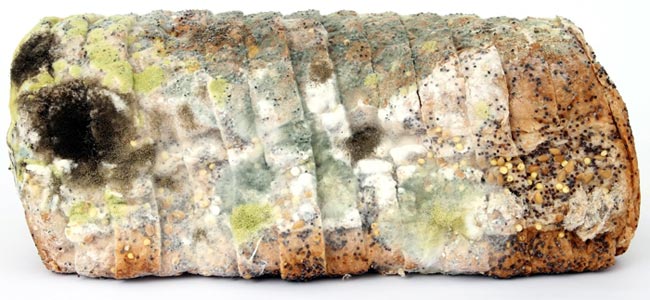Action to reduce food waste brings climate benefits and cuts costs – including potential savings of over €300M per year for Ireland’s hospitality sector. The EPA are hosting the 3rd Forum on Food Waste today, Wednesday 10th July, bringing together business and policy leaders from across the food supply chain.

The theme of this year’s event is ‘Measuring What Matters’, emphasising the importance of using data to direct effective actions. Ireland generates over 1million tonnes of food waste annually and will need to take a new perspective on the value of food, as the country works towards meeting our EU and sustainable development commitments to halve food waste by 2030.
The event presents new EPA-funded research indicating that 250,000 tonnes of food waste are generated annually by commercial food businesses such as restaurants, shops and workplace canteens. The research investigated the volumes, types and associated cost of food waste arisings in these businesses. It found that much of this waste is avoidable and estimates the value of food waste for the Irish hospitality sector alone at over €300M.
During his opening address, Mr Richard Bruton, TD, (Minister of Communications, Climate Action & Environment) stated:
“Over 1 million tonnes of food are wasted every year in Ireland. About 70 per cent of this comes from industry costing Irish business over €2 billion annually. As part of the Climate Action Plan, we have committed to halving food waste by 2030. Delivering on this ambition will require a collaborative effort from government, enterprise, the EPA and pioneers such as Food Cloud who are leading the change in this area. I urge all businesses here today to make a start and sign up to the Food Waste Charter and to use the resources available to drive down their food waste.”
Speaking at the event, Ms Laura Burke, (Director General, EPA) stated:
“It takes a lot of resources to put food on our tables. Growing, processing and transporting food all use large amounts of energy and materials. When food is wasted, these resources are wasted too – which impacts on climate change, our local environment and business costs. To meet this environmental and financial challenge, food businesses need to start measuring the food being discarded, and then take action to reduce avoidable wastage.”
Food waste is a priority waste stream for the EPA’s National Waste Prevention Programme. Food businesses can show their commitment to reducing food waste by signing up to “The Food Waste Charter” and join other businesses and industry leaders working together to reduce food waste. Further information on food waste in commercial sectors and the Food Waste Charter can be found HERE.
Speaking by video link, Mr Chad Frischmann (Project Drawdown), a leading source for climate solutions, confirmed that their models show reducing food waste as the third most important action on a list of 100 climate responses.
This link between climate change and food waste was reinforced by keynote speaker Mr Iain Clunie, (Zero Waste Scotland), who stated:
“Food waste is a major driver of global warming because of the huge resources and energy that go into producing it. Reducing food waste is a critical part of responding to our climate emergency.”

Leave a Reply